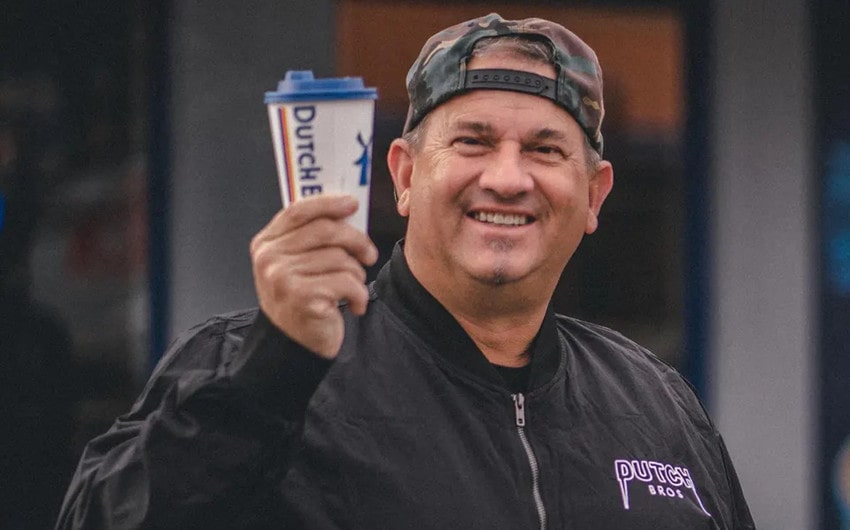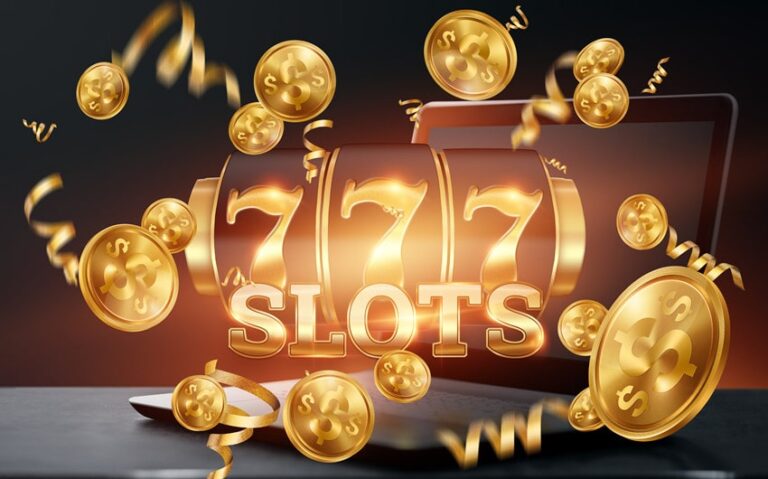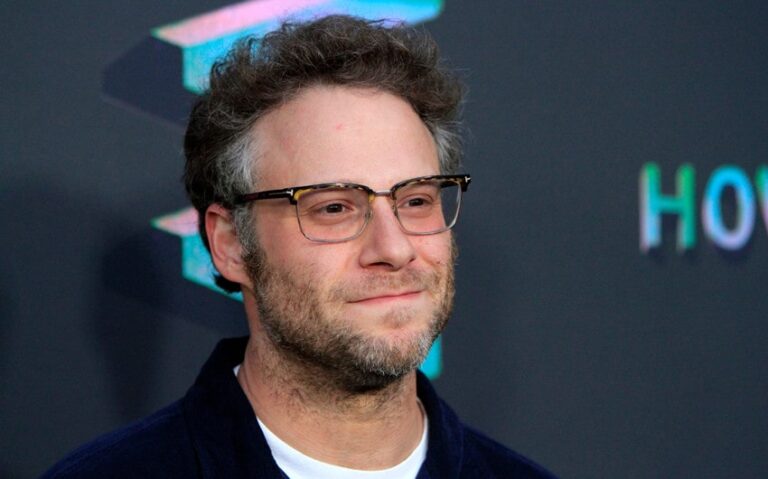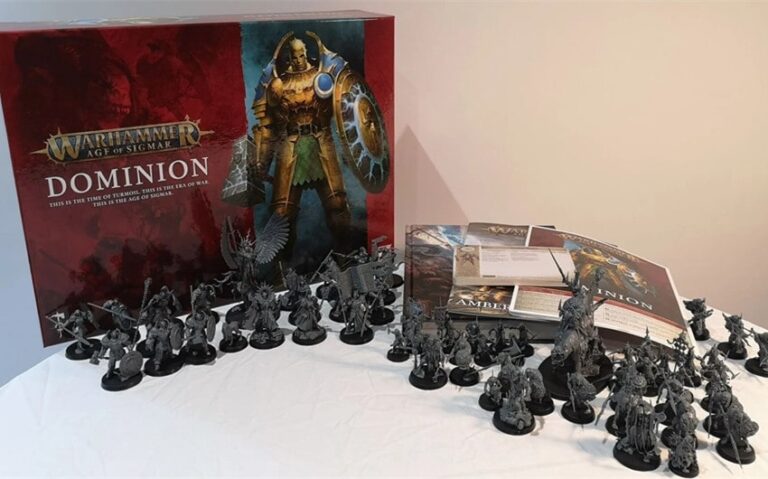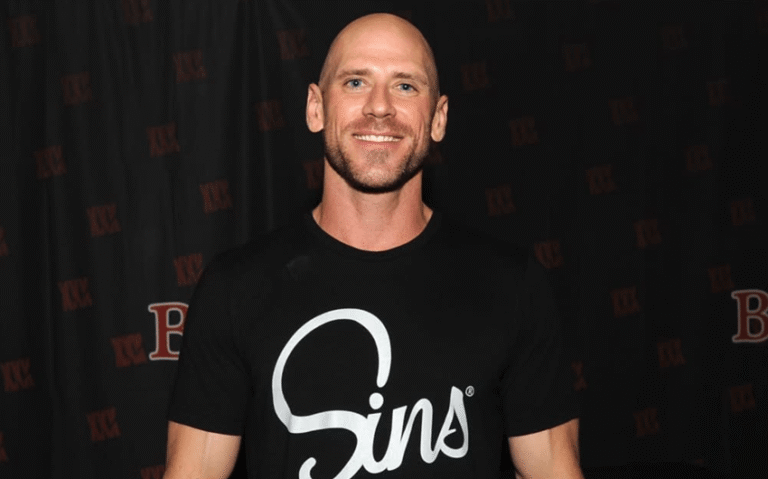What Is Travis Boersma’s Net Worth? Dutch Bros, Coffee, and Big Vision
What is Travis Boersma’s net worth—and how did a small-town coffee stand grow into a billion-dollar brand? If you’ve ever grabbed a drink from Dutch Bros and wondered who’s behind the bright smiles and bold flavors, you’re about to dive into one of the most unexpected—and inspiring—business stories in America. Travis Boersma didn’t just build a coffee company. He built a movement rooted in service, speed, and community. And in the process, he built a fortune that continues to grow.
Who Is Travis Boersma and Why Is He Known?
You probably know Travis Boersma best as the co-founder of Dutch Bros Coffee, one of the fastest-growing drive-thru coffee chains in the U.S. But before he was building beverage empires, Boersma was working on a dairy farm in Grants Pass, Oregon. Alongside his brother Dane, Travis came from a family deeply rooted in blue-collar work ethic. They didn’t inherit millions or get a head start in Silicon Valley—they started with a pushcart and a vision.
After the dairy industry took a downturn, the brothers decided to pivot. Inspired by their love of coffee and community, they launched Dutch Bros in 1992, selling espresso out of a simple cart in their hometown. They weren’t trying to create a coffee giant. They just wanted to make great drinks and connect with people.
Travis brought the energy and innovation. Dane brought the heart and spirit. Together, they laid the foundation for what would become an empire, even after Dane’s passing in 2009 from ALS. To this day, Travis remains committed to honoring his brother’s legacy—not just in profit, but in purpose.
How Did Dutch Bros Begin—and What Made It So Successful?
The origin story of Dutch Bros isn’t flashy, but it’s incredibly effective. Travis and Dane started with a single espresso cart and a commitment to customer service. Their philosophy was simple: serve quality drinks quickly, connect with customers genuinely, and build a culture that employees would love to be part of.
That culture became the secret sauce. Dutch Bros wasn’t just another coffee chain—it was an experience. Employees weren’t stiff baristas; they were energetic “broistas” who greeted you like family. The company focused on positive energy, upbeat music, and giving back to local communities. This vibe resonated deeply with young customers, especially in the Pacific Northwest where Dutch Bros first exploded.
Unlike giants like Starbucks, Dutch Bros focused on drive-thru convenience over café culture. The emphasis was on speed, quality, and a personal touch. As word spread and loyal fans multiplied, Dutch Bros began franchising locations. That move accelerated growth rapidly throughout Oregon, California, Arizona, and beyond.
Each new shop wasn’t just a franchise—it was a family-run location operated by people who had worked their way up in the company. This helped preserve the core culture and created a sense of loyalty that translated into booming sales.
Is Travis Boersma Still Involved With Dutch Bros?
Yes, Travis Boersma is still very much involved in the company—but his role has evolved. After leading the company for nearly three decades, he transitioned to the role of Executive Chairman. That means he’s no longer handling daily operations, but he remains deeply involved in strategy, culture, and long-term vision.
One of the most significant moments in his leadership came in 2021, when Dutch Bros went public. The company held its initial public offering (IPO) on the New York Stock Exchange under the ticker symbol BROS. This move not only gave the brand national visibility, but it also dramatically increased Boersma’s net worth overnight.
At the time of the IPO, Dutch Bros was valued at over $3.8 billion. Travis Boersma retained a major stake in the company—both in shares and in leadership influence. The public offering was structured to allow Dutch Bros to grow while keeping control in the hands of people who understand the company’s mission. Boersma’s voting shares ensure he still has a powerful voice in key decisions, even as the company expands across the country.
Since stepping back from operations, Travis has focused more on the big picture: community development, innovation, and maintaining the culture that made Dutch Bros successful in the first place.
So… What Is Travis Boersma’s Net Worth Right Now?
Travis Boersma’s net worth is estimated to be between $800 million and $1.5 billion, depending on Dutch Bros’ current stock performance and his total holdings. The bulk of his wealth comes from his ownership stake in the company, which held significant value even before it went public.
According to SEC filings at the time of the IPO, Boersma owned more than 40% of the company. At the IPO valuation of nearly $4 billion, that stake was worth well over $1 billion on paper. Even with fluctuations in the stock market, he remains one of the wealthiest business founders in the Pacific Northwest.
His financial portfolio also likely includes other investments, real estate, and assets tied to his entrepreneurial ventures outside of Dutch Bros. But Dutch Bros is clearly the cornerstone of his fortune.
It’s also worth noting that Boersma’s approach to wealth has always emphasized long-term impact over short-term flash. He’s been open about wanting to use his resources to uplift communities, honor his brother’s memory, and create lasting change in the places that supported him from the beginning.
Does He Have Other Ventures Besides Coffee?
Absolutely. While Dutch Bros is his most famous creation, Travis Boersma has expanded into other industries, most notably horse racing and entertainment. One of his major post-Dutch Bros projects is the revitalization of Grants Pass Downs, a horse racing track in his Oregon hometown.
Boersma invested millions to upgrade the facility, create jobs, and transform the venue into a full-blown entertainment complex. His goal wasn’t just to revive a regional racetrack—it was to build an economic engine for the local community.
In fact, his long-term vision included launching The Flying Lark, a multi-use entertainment and gaming venue that would include restaurants, bars, horse betting, and live events. The project was poised to bring hundreds of jobs to the area and generate significant revenue. However, it faced regulatory challenges from the state’s gaming commission, which delayed or halted some of its operations.
Still, the ambition behind these projects shows that Boersma isn’t just a businessman—he’s a builder. He wants to turn his success into something tangible for others, especially in the small towns that shaped him.
He’s also involved in philanthropic efforts, supporting youth organizations, health care causes, and community development projects. True to his brand, these efforts often fly under the radar, emphasizing substance over spectacle.
Featured Image Source: forbes.com

